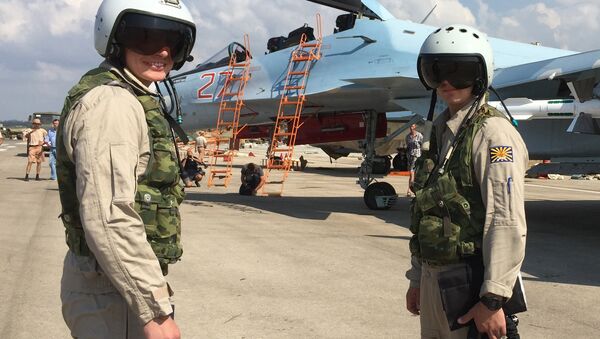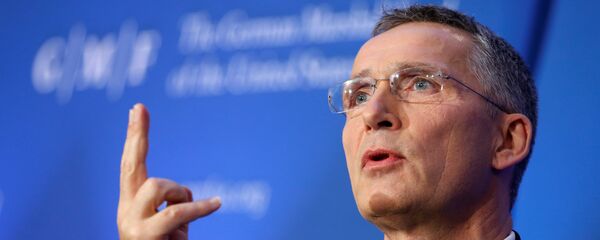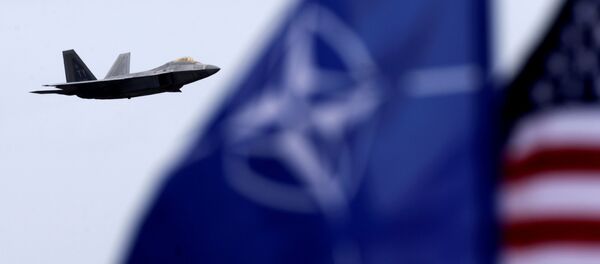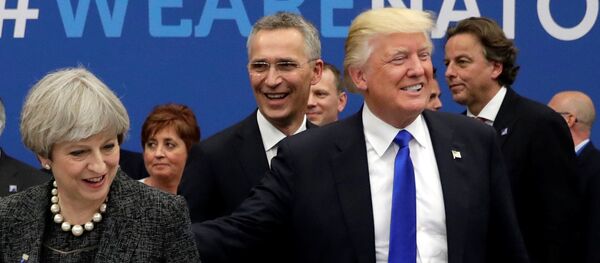On Thursday, Stoltenberg said in a briefing said the alliance would provide support like air-to-air refueling and intelligence sharing, but did not intend to deploy ground forces.
"I don’t think that the new NATO commitment will make a significant difference in anti-IS [Daesh] efforts," Ohio State University Professor Emeritus of International Law John Quigley said.
Quigley noted that although Stoltenberg hinted that he was prepared to seek improved relations between NATO and Russia, he also ruled out any real and tactically effective cooperation in the battle against Daesh.
"The thrust of his statement is that NATO will operate separately from Russia," he said.
"What is the significance of this step and its possible impact? Absolute zero," Brenner said.
Brenner dismissed Stoltenberg’s promise of intelligence and airborne early warning information sharing as empty posturing.
"This is pure theater. All NATO members committed themselves to full cooperation more than three years ago. So absolutely nothing new will occur," he said.
Stoltenberg’s comments came right after President Donald Trump publicly criticized European-members of the NATO alliance for refusing to meet their financial and military obligations to it. His rhetoric about joining the fight against Daesh therefore lacked any substance or credibility, Brenner suggested.
Brenner criticized the NATO member governments for staying silent and refusing to examine and discuss how their own activities such as toppling the government of Libya and fanning the flames of rebellion and civil war in Syria had boosted support for terror groups.
"NATO has failed to discuss what really counts: how their self-defeating actions in the Middle East spur terrorist acts. Why no such discussion — then or now?" he asked.
Stoltenberg also made clear the alliance would not provide any additional ground troops or combat aircraft to provide tactical support in the actual fighting.
Never miss a story again — sign up to our Telegram channel and we'll keep you up to speed!




